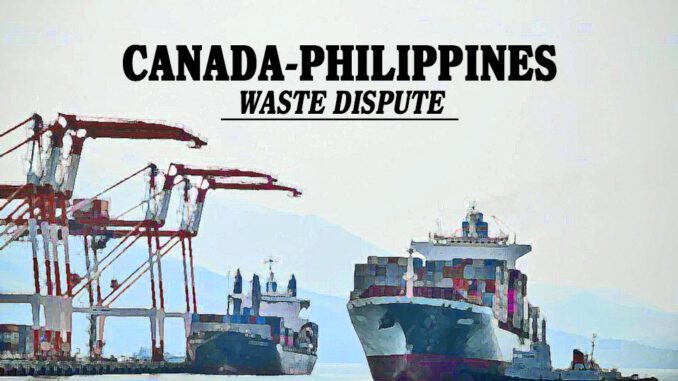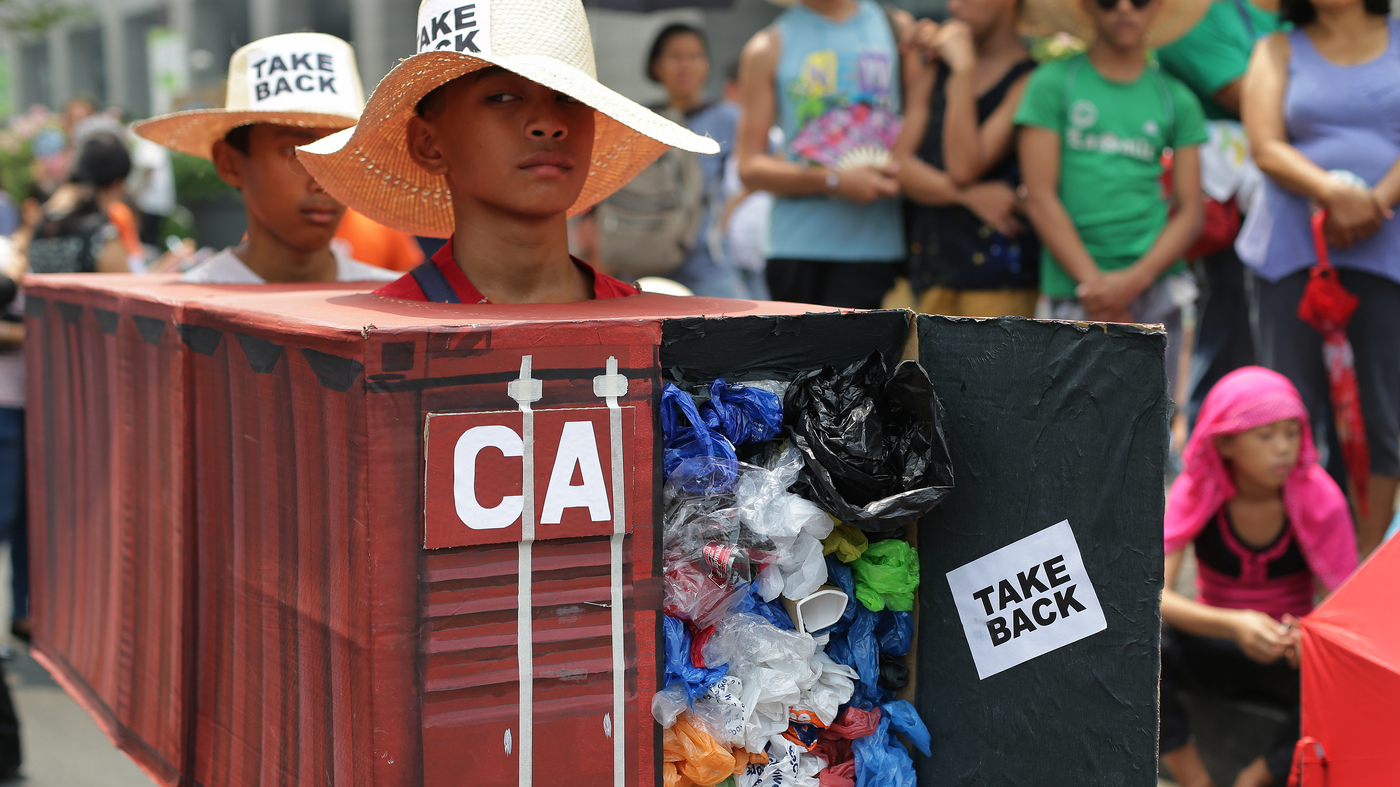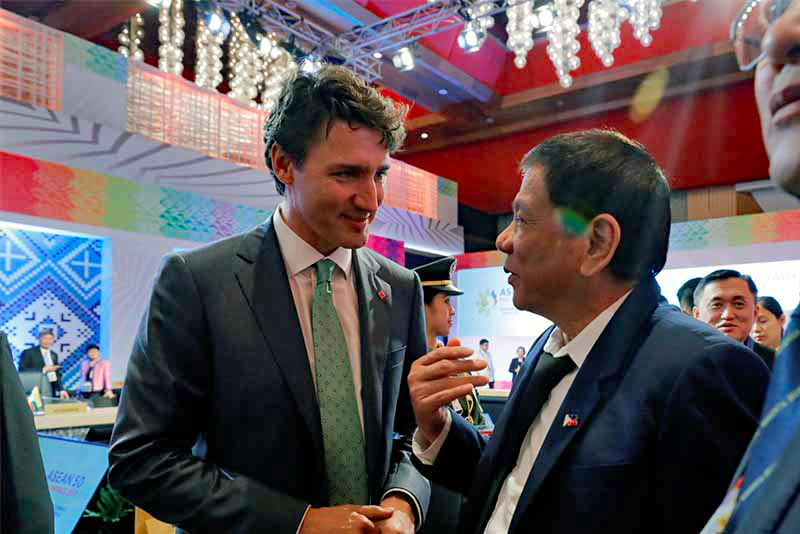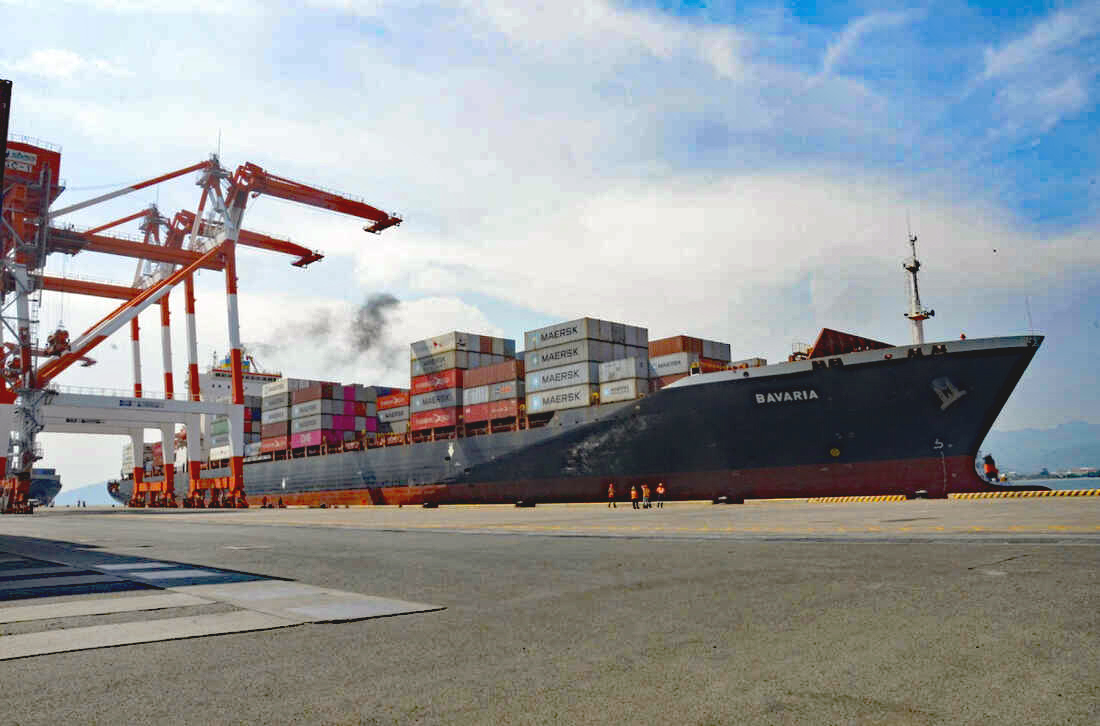
The Philippines waste dispute started as an all too common act of negligent business. A Canadian recycling company, Chronic Plastics Inc. had shipped 103 shipping containers from Vancouver to the Philippines. The shipping containers were labelled as containing recyclable plastic. This was not the case, on inspection they were found to contain common household waste.
The company had declared the containers to contain recyclable plastic. Though, the Bureau of Customs found them to contain common household waste. Customs were notified by the Department of Natural Resources. The shipment violated the Administrative Order 2013-22. “No importation of heterogeneous and unsorted plastic materials shall be allowed;” and “all plastics shall have no traces of toxic materials.”

Did Chronic Plastics dumping of waste violate the Basel Convention?
The Basel convention is in place to control the movement and disposal of hazardous waste across national boundaries throughout the world. The treaty stipulates that if the receiving company does not accept the material, the exporting company must take back the material. As the Philippines and Canada are signatories, this treaty comes into play.
The Basel Convention became necessary to curb the exploitation of lesser developed countries. First world countries were using these nations as dumping grounds for waste and hazardous material.
This was illustrated by a relationship between Italy and a small fishing village in Nigeria called Koko. In the 80s, Italy was only able to process a small portion of the toxic waste it was producing. Two Italian firms realized they could pay Koko residents to store the Italian waste on their properties for a small rental fee.
Nigerian students in Italy became aware of this scheme, and alerted authorities. This amongst other incidents of a similar lead to the formation of the Basel Convention.
Canada’s lack of engagement
At first, the Canadian government did not feel obliged to be involved with the issue. They maintained that the waste shipped by Chronic Plastics was not hazardous, therefore they did not need to facilitate its return.
By this stage of the dispute, 26 of the containers had been transported to Capas, Tarlac, a province found to the north of Manila. Though in 2016, there was a major development where a Philippine court ruled the garbage should be turned to Canada. By that time, Canada had enacted new environmental laws which require companies like Chronic Plastics to retrieve the disputed waste.

The diplomatic face off between Trudeau and Duterte
During a 2017 summit, Canadian Prime Minister Justin Trudeau addressed the issue. He spoke of how Canadian law had prevented them from accepting the rubbish, though they were working on finding solutions for the issue. The two nations had yet to settle on who held financial responsibility, as the issue had arisen due to the actions of Chronic Plastics, a private entity.
But the Philippine Government was losing their patience. By that point in time, the cost of storing the waste had topped approximately 36 millions pesos. The relationship between Justin Trudeau, and Rodrigo Duterte was already under stress. Trudeau had been a vocal critic of Dutertes “War on drugs”. This had left many thousands of Filipino’s dead, with the victims being accused of being a part of the countries drug trade.
Duterte snapped at the Canadian government, claiming they were denigrating Filipinos. He stated that if the trash was not removed from the country within a week, he would declare war on Canada. The Canadian ambassador to the Philippines responded to the comment, again stating that the Canadian Government were in the process of resolving the issue.
The deadline was not met.
Duterte went on to set another, May 15, 2019. The secretary of foreign affairs, Teodoro Locsin Jr. joined in with the threats, stating “the President expects the garbage to be seaborne by May 15, that expectation will be met or else”.
Global Affairs Canada is the department of the Government of Canada that manages Canada’s diplomatic and consular relations. The department announced they had made a formal offer to retrieve the trash. They were in the process of working with the Philippines to work out the details of the project.

A resolution to the Philippines-Canada waste dispute?
The Canadian began to make some moves towards resolving the issue. The French shipping company, Bollore Logistics Canada, was awarded the contract to ship out the waste from the Philippines before the end of June 2019.
On May 30, 2019, the waste dispute came to an end. At the Subic Bay Special Economic and Freeport Zone, the remaining 69 containers of trash were loaded onto the container ship MV Bavaria. The ship would be making a 20-day journey to the Canadian city of Vancouver via Taiwan, this would come at a cost of US$840,000
The containers were transferred to the Anna Maersk while in Taiwan, from there the containers of trash were to arrive in Canada by the end of June 2019. Environment and Climate Change Canada, the government department responsible for coordinating environmental policies, announced the trash would end up at the Vancouver waste to energy plant.
Duterte had gone as far as enacting a five-day ban on conducting business with Canadian officials, and enacting a travel ban to Canada. The Philippines Executive Secretary Salvador Medialdea announced the lifting of these bans once the 69 containers of Chronic Plastics’ trash had arrived at the Roberts Bank Superport in Delta, British Columbia.
The Philippines dispute with Canada is one of many
In 2017 China banned the import of plastic waste, this was due to the trade war, though they also stated the majority of plastic was too dirty to recycle anyway. This ban caused the plastics to be diverted to South-East Asian nations. With over 50% of US plastic waste now ending up in Malaysia.
Malaysian prime minister Mahathir Mohamad quickly stood up against the issue. He called out the propensity for wealthier nations to send their waste to poorer countries. Malaysia became another nation to follow the trend of returning the trash back.
Click here to read more about the vibrant history of the Philippines!


Be the first to comment